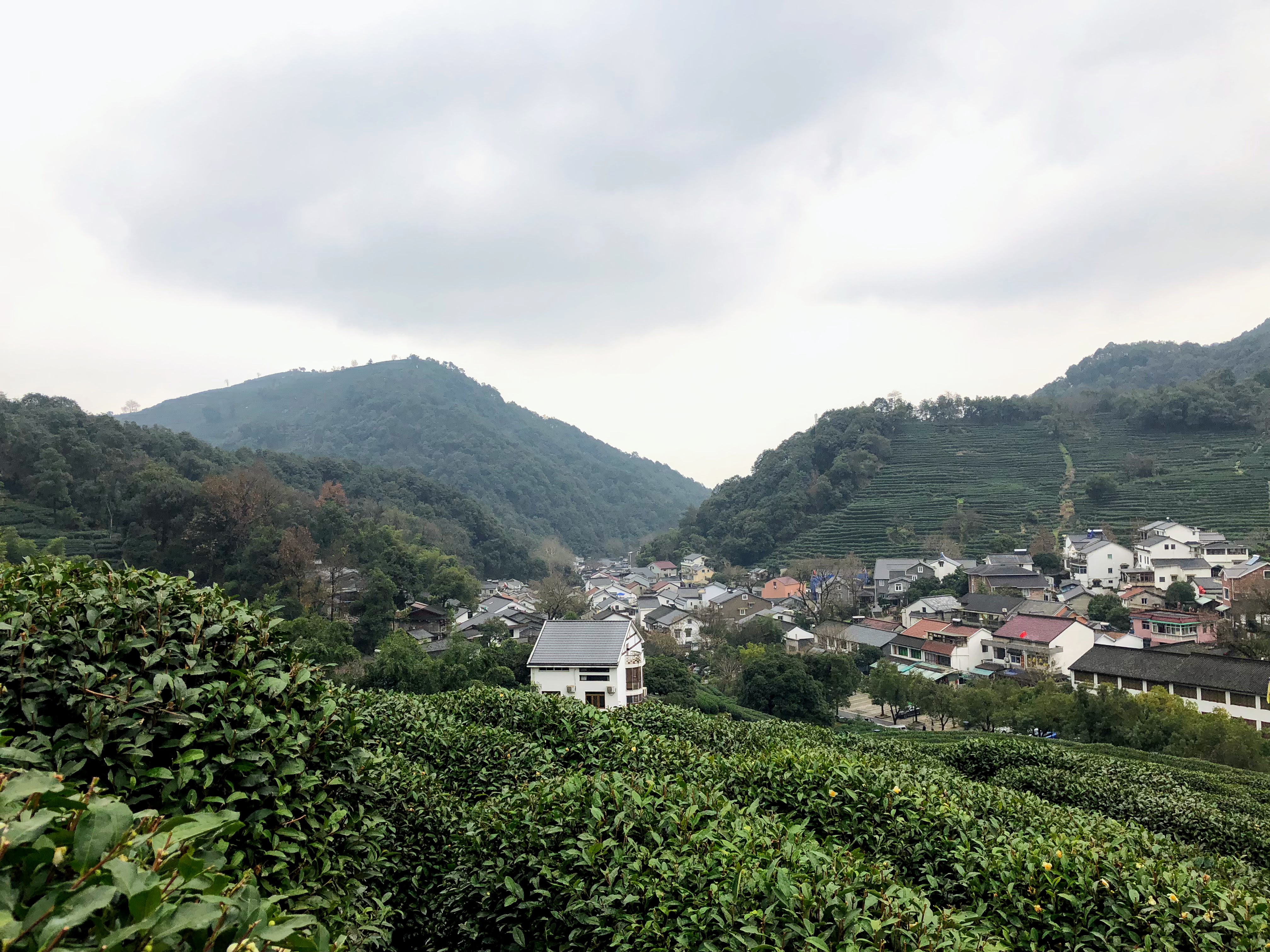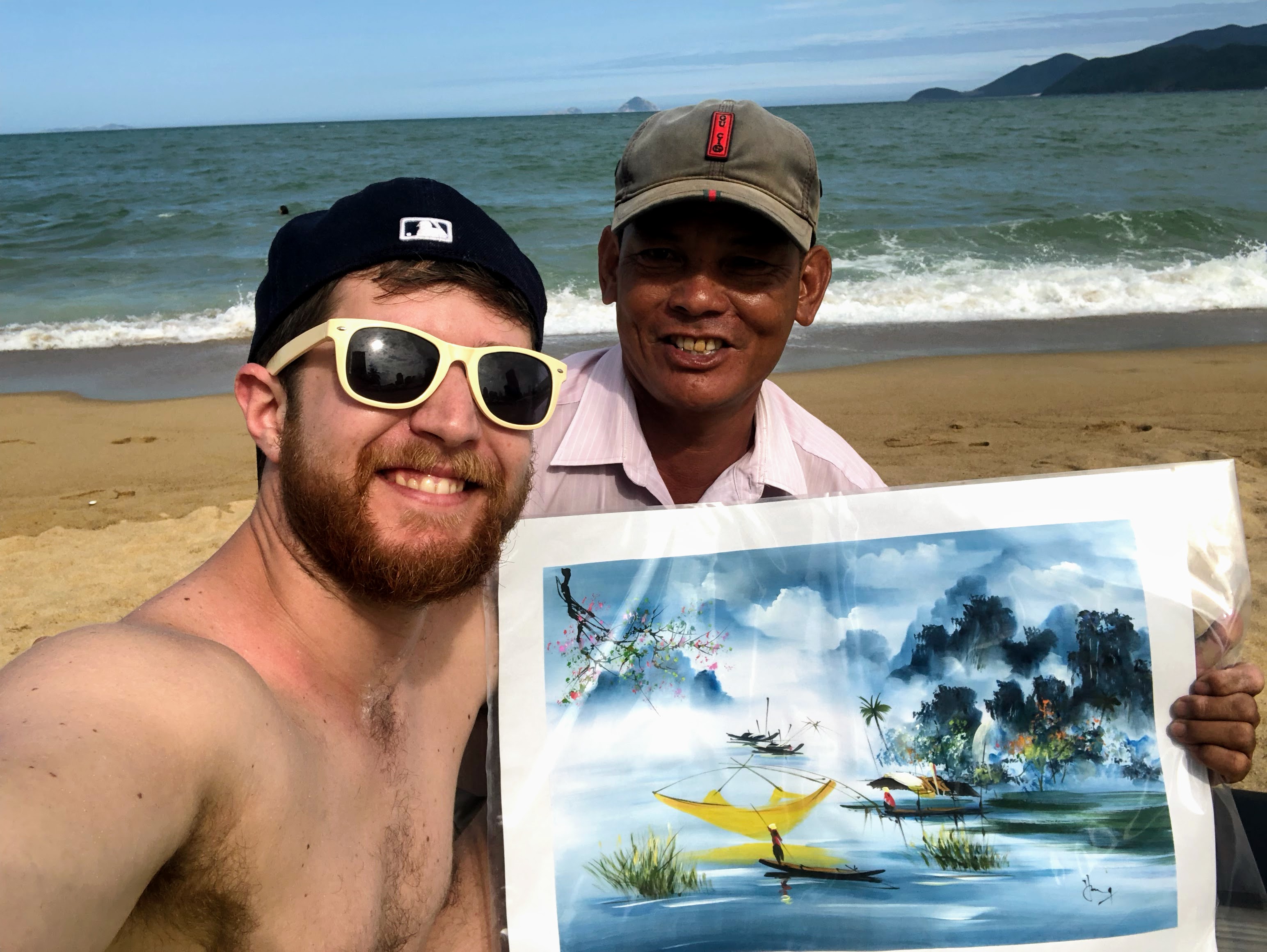I’ve probed the unfathomable depths of traveler’s mystique for four years now, meditating, writing and breaking a mental sweat. The past year held me in Atlanta for the longest time since high school. Thank you, coronavirus. Yet, an ever maturing pandemic cannot hold my adventurous soul from the road for too long.
My 2020 began in Shanghai, China, a completely normal celebration in a local watering hole with fellows from my Chinese Philosophy Master’s Program. On NYE I kissed a Polish beauty at midnight, jubilantly sloshed beer on the ground while cheering mugs, and bellowed out songs for happiness and health in 2020. Back then, my flight on January 15 was to be a short respite to clean, country air; a short visit to family on the opposite side of the world. Back then, only whispers of a newly discovered virus existed, and the world still enjoyed bountiful cross-border travel and freedom.
The schedule read Atlanta for a month, Shanghai again for three weeks, then Bangkok and greater Thailand for another month. After polishing a master’s thesis, my entire immediate family would arrive in Shanghai by mid-June to watch me walk. But fate planned otherwise.
Eight days after my departure, China began shutting down cities and transportation networks, and the souls still in Shanghai shared details of a fearful and tense atmosphere perpetuated by the angst of covid-19 and restriction of everyday activities. Those measures have eased today, slightly, but the government still requires arduous paperwork and a renegotiation of visa to reenter China.
Upon departure from China in 2020, I left with a backpack; still in China resided my prized possessions like sentimental artifacts, an extensive Chinese tea collection, and various shoes. Almost every possession remains there today either with new or unknown owners, or living in garbage dumps. Only the most cherished items like a leather jacket of my deceased grandfather, a teddy bear which helped me through pediatric cancer, and some priceless silk-canvass paintings I bought in Vietnam made it home to me.
The experience of inability to retrieve belongings and have a proper goodbye to a significant chapter of life taught me lessons I hold on to today, where I sit writing to you from a quiet beach town in Mexico, flanked by old Spanish forts and Mayan ruins consumed by jungles.
1. Memory is Immaterial. The integration of memory and life in the presence is a lifelong task; how do you relate your past to the present? In China, my collection of exotic silks, trinkets from historical towns, and Mandarin language were a constant reminder of where I was; today all of those are gone. Now, my time overseas and its abrupt ending often feel distant, gone like a dream after waking from slumber. A genuine choice surfaced: do I let my past slip into obscurity as many of its mementos had?—or do I find a way to keep the experience close to my being? The latter was an obvious choice; I took out my journals, compiled photos, and took a mystical glimpse into the past. In the past I found a multifaceted beauty and sadness over time cut short and fondness for unique experience; what I did not find was prized material items or deep regret over their loss. Exploring these memories in great detail, however, was possible only because I outsourced so much of what occurred into words and photos—which also cannot be lost thanks to the cloud. Memory may be immaterial and imperfect, but our attempt to objectify memory through records (like photos and journals) helps integrate the past and present, provides better insight into our own thoughts, and helps establish a happier existence through greater self-awareness.
2. Less is More. Overall, the human mind can only keep so many things close, the same way quadriceps can only lift so much. If the array of what we hold close grows too large, quadriceps buckle or resort to poor form under unhealthy pressure. With less weight and less distraction, mastery of form comes more naturally. The choice of what to keep and discard from my possessions in China was difficult, especially the goodbye to so much exotic tea and first edition books; but it also made me reflect on my own mental baggage. How do I deal with the loss of sentimental, material, and irreplaceable items? The answer I found, “less is more,” is minimalist but not necessarily in its most common conception. Material items can be aesthetically beautiful, exotic and hold many stories, but to crowd our minds with overemphasis on material items blinds humanity from living a more meaningful, reflective, and content life. “Less is more” is about limiting what we care about and are attached to, about directing our feelings of care towards enriching the lives of people around us, and sharing the stories of our lives not through showing off items we accrued but through sharing cherished memories of time spent, lessons learned, and strong character. Focus less on material items, more on people (including your person) and how your unique background can enrich lives, and watch how less will worry you and more will make you happy.
3 Control is an Illusion. Our anxieties often come from an innate knowledge of existence’s natural state of things being disorder. In humanity’s insatiable craving for stability, societal cooperation is the best effort to disrupt disorder and replace it with predictability and safety. With efforts to return to China proving fruitless, I quickly realized the illusoriness of an assumption like “I can return to a country 7600 miles from home at will, only a plane ticket is necessary.” The illusion that we are in control runs deep, think of how many independently moving parts exist between you and a lengthy commute or drive. Many people take for granted assumptions like their car will function, others will obey traffic norms, and that traffic control devices (like stoplights) will function, and rarely recognize these moving parts as a cooperative, human efficiency and synchronization contrary to the natural order. The result of business as usual fluently persisting day in and out is an illusion that we are in control of far more than we really are. The Stoa taught that happiness lies only in what is under our control, and under our control is only how we feel and react to life, and how we react to and feel about life is based on what we value. Deep self-awareness and insight are the path towards understanding what we can actually control, and understanding what we can actually control is the first step towards seeing through the illusion.




